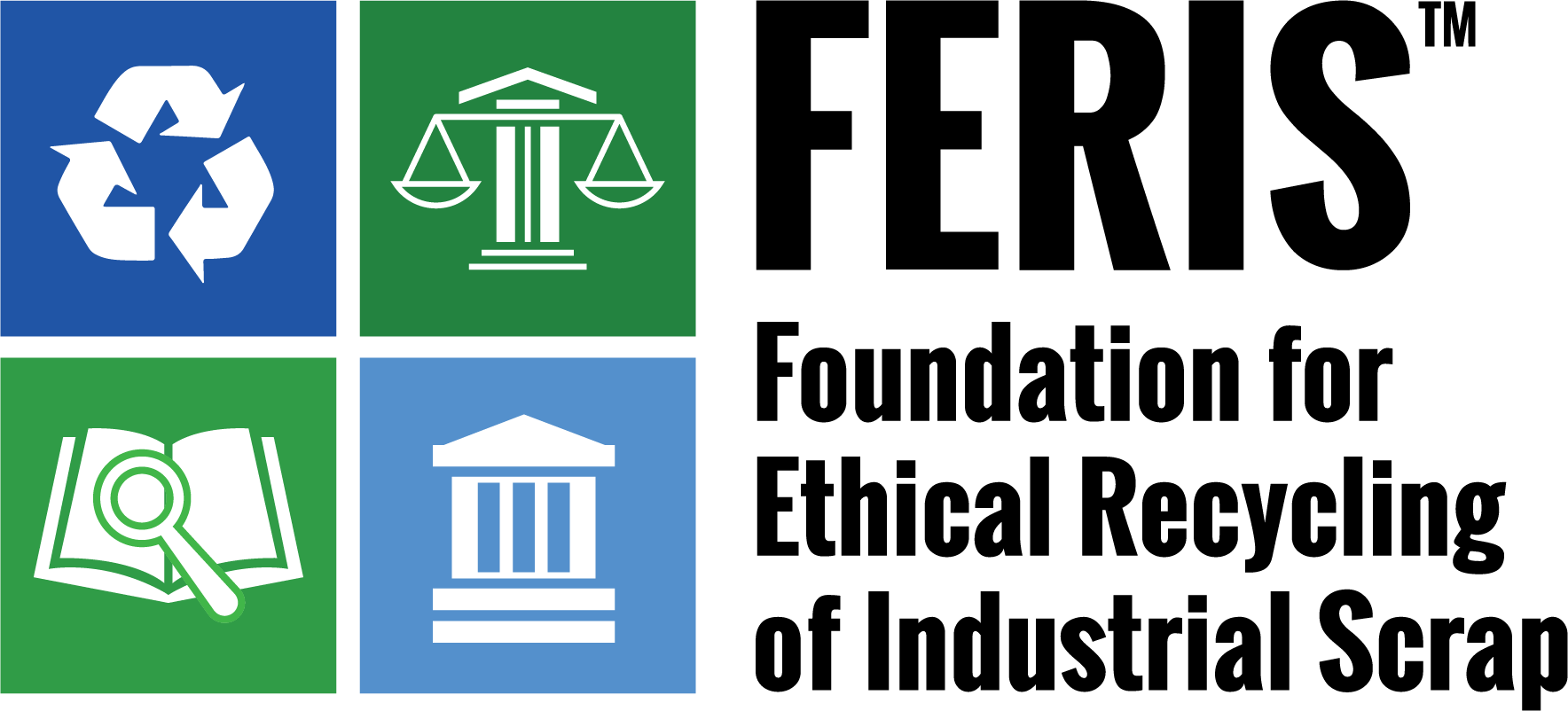Profit is not the only yardstick for business success. More businesses are taking this philosophy to heart and instilling their values into their daily practices. Some of the more evolved best practices dictate that morality is a key building block in establishing a more holistic operation.
“A moral business increases the allure of the business to prospective employees, enhancing the talent of the recruitment pool,” according to a Houston Chronicle analysis by Paul M.J. Suchecki. “A morally run business will see increased productivity because employees will take pride in their work.”
To incorporate morals into the business environment, companies must first understand the meaning of morality and how morality differs from ethics. Management professor Bahaudin G. Mujtaba of Nova Southeastern University at the College of Business and Entrepreneurship defines morals as “judgments, standards and rules of good conduct in the society. They guide people toward permissible behavior with regard to basic values.” Mujtaba explains that applied ethics “establishes the rules and standards that govern the moral behavior of individuals and groups. It also distinguishes between right and wrong conducts.” Business ethics, specifically, deals with creating and applying moral standards in the business environment.
“With an understanding of values, ethics and morals while using ethical principles, a business owner or leader can form a framework for effective decision-making with formalized strategies,” Mujtaba says.
Here are 6 steps companies can take to build morality into their businesses:
1. Start with a top-down approach. If a manager is a dishonest cheater, the employees will follow suit. “A company’s integrity has to be a precept insisted upon at the very highest levels of management. Ethical precepts have to be emphasized regularly to the entire company,” according to the Houston Chronicle.
Eric Ball and Joe LiPuma wrote about the role of morality in management in their book “Unlocking the Ivory Tower: How Management Research Can Transform Your Business.” The book looks at executive Chester Barnard, who as the head of New Jersey Bell in the 1930s set out to educate managers on what it means to be a leader with a focus on their moral responsibilities. “Barnard focused on what builds trust within an organization. That is, a CEO has to earn his employees’ trust so they will make the company’s interest their primary goal,” Ball told Forbes.
2. Trust your employees. Businesses that consider their employees their most important asset believe that trust is key to their operation’s success. “Building trust amongst your employees takes time and patience, but it is an imperative step towards a well-rounded company,” according to the Sustainable Business Forum.
Trust begins with using careful judgment when hiring new employees, and looking for traits of loyalty and reliability through strategies such as integrity testing. Then managing those employees calls for consistent communication and delegation instead of micromanaging, according to the Forum.
3. Treat employees well. If a business doesn’t treat its employees right, employees may have no motivation for treating customers right, either. According to the Houston Chronicle, a formal mission statement is one way organizations can put forth ethical precepts, especially if workers see that the organization is applying those principles to everyone. Benefits packages and profit sharing are other ways to incentivize employees.
4. Establish a strong mission statement. A well-worded mission statement will enable a company to put forth its ethical and moral principles for all to see.
Not all mission statements outwardly promote these principles, though. A Fast Company article by Jim Loehr highlights the mission statements of some real companies:
• Create value for shareholders through the energy business. —Kerr McGee Corp.
• To be the most customer-centric company in the world, where people can find and discover anything they want to buy online. —Amazon
• Profitable growth through superior customer service, innovation, quality and commitment. —AGCO
The article goes on to explain that a company’s success is linked to its values – not just its profits.
One example worth noting is Grainger, an industrial supply company offering 90,000 products. In a signed statement posted online, chairman, president and CEO Jim Ryan stated, “The nature and scope of the company’s operations place a significant trust in individual employees. Since its founding in 1927, the company has always operated with the highest ethical standards. The company rewards the contribution of its employees by providing challenging employment, competitive compensation and benefits, pleasant working facilities, and an attractive profit sharing plan.”
5. Enroll in business ethics courses. Following an insider trading scandal on Wall Street, Harvard Business School in 1987 invested $20 million toward introducing ethics training into its coursework. Since then, other MBA programs—including the Yale School of Management, the NYU Stern School of Business and the Stanford Graduate School of Business—have followed suit, incorporating ethics, morality and corporate social responsibility into their course requirements. Jason Dana, who teaches ethics and decision-making at Yale School of Management, recently told BusinessBecause that a successful career does not have be separate from adherence to personal values. “Morality is not something you can hang on a hook like your coat when you show up to work; we cannot split our ‘good’ personal selves from our work identities,” he says. “Further, for most of us, our primary impact on the world is done through our work.”
6. Let personal morals shape business ethics. Making money should not preclude basic moral principles, and the golden rule should govern business ethics, according to the Houston Chronicle. Make sure that both parties in a deal are treated fairly, so that each side benefits from the transaction, and fairness, honesty and respect are part of the deal. “A moral business can thrive only if it is making a profit, so an ethical money-making business plan should be laid out and adhered to,” according to the Houston Chronicle.
Scott Annan, author of the book “AIMbitious,” says morality is poised to be the future of business. “Whether it’s the job of the corporation or not to set the moral tone for society, the expectation is trending towards companies setting the right example for others to follow. With the sharp rise in entrepreneurship, young companies have the opportunity to establish strong cultures early on and share them with their communities,” Annan writes in Business Insider. “Money must have a moral center, and from greater consciousness in business, greater profit will follow.”

